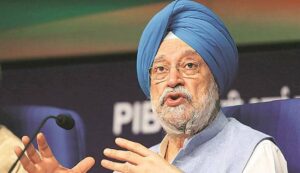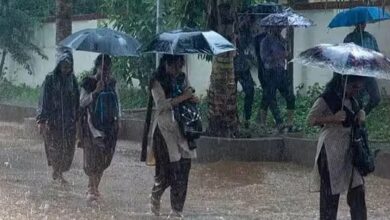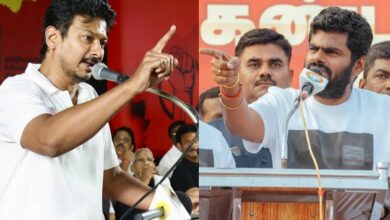Describing Manmohan Singh as the “architect of economic reforms”, Union Minister Hardeep Singh Puri said this
Union Minister Hardeep Singh Puri on Friday referred to former Prime Minister Manmohan Singh as a “architect of economic reforms,” claiming that he was able to steer the economy through a period of significant difficulties.

“It is really sad that the previous prime minister passed away. He was a stalwart and a superb politician. I was fortunate enough to know him for over fifty years. Along with PV Narasimha Rao ji, he was the architect of the economic reforms, but the contest gained more significance. He will be remembered for many things. Singh told the journalists, “He managed the economy when it was having a lot of problems.
At first, there was a dilemma with the balance of payments. He implemented economic changes in response to such challenges, which served as the foundation for subsequent progress. On the foreign policy front, too, the US-India relationship shifts from a history of hesitancy to the foundation of a strategic cooperation. The nuclear agreement had a lot of resistance, but Manmohan Singh’s perseverance and will made sure it was approved,” he said.
At the age of 92, Manmohan Singh died away on Thursday night at AIIMS, Delhi, from age-related illnesses. He was sent to AIIMS Delhi after experiencing an unexpected loss of consciousness at home.
September 26, 1932, was Manmohan Singh’s birthday. In addition to being an economist, he was the governor of the Reserve Bank of India from 1982 to 1985. From 2004 until 2014, Manmohan Singh served as India’s thirteenth prime minister.
He served as India’s Finance Minister for five years, from 1991 to 1996. His contribution to the implementation of a comprehensive economic reform program is widely acknowledged. In India’s public perception of those years, Dr. Singh’s identity is closely linked to that time period.
Singh, who served as India’s finance minister in the administration of PV Narasimha Rao, is credited with bringing about the nation’s economic liberalization in 1991. The reforms enhanced foreign direct investment (FDI) and decreased government control by opening up the Indian economy to global businesses. It made a significant contribution to the economic expansion of the nation.
The National Rural Employment Guarantee Act (NREGA), thereafter referred to as MGNREGA, was also established during Manmohan Singh’s administration.
Under the Manmohan Singh administration, the Right to Information Act (RTI) was established in 2005, improving information openness between the people and the government.
After 33 years of service, Singh announced his retirement from the Rajya Sabha earlier this year.





